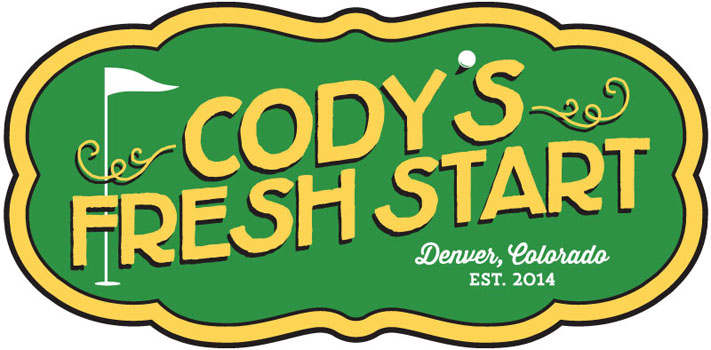Guilt says I did something bad. Shame says I am bad. Openly revealing his guilt and shame, my son, Cody, wrote this paragraph below to his girlfriend, about a year before he lost his life to an overdose:
“I am probably incapable of being honest with myself, my family, those I care about, and complete strangers. Not because I am a liar, although that would probably be the outward appearance and view of most, but because I am ashamed of who I am and my past. I am constantly struggling to prove to myself and to others that I can be a happy, normal, and functioning human being.” Cody Cucarola, 2012
Cody was not only ashamed of his past, but of himself. He felt pressured to prove to himself and others he was happy, normal, and functioning, when he wasn’t. He couldn’t even be honest with complete strangers because he was so disconnected. His shame made him feel unworthy of connection with himself, his family, and those he cared about. This is what the disease of addiction does; it leads to a cycle of shame, loneliness, and isolation. Shame is pain, and an essential part of healing is letting go of shame.
Likewise, I suffered in silence, because I felt guilty and ashamed. In my mind (my bruised ego), I didn’t live up to the ideal of a good mother, and in my heart (my broken spirit) I loved him just the same, whether he was an addict or not. Many of my actions were motivated by fear, guilt, and a deep need to save him, not only for his sake, but for my sake, too. Completely losing myself in him and his disease led me through the same cycle of shame as his addiction. There was one time I even prayed for him to die; asked God to put us both out of our misery. I confess I am ashamed to write this dreadful thought down.
The truth is I did want him to vanish, but only in my moment of deep despair. Not him, not the soul of him, but the pain he had become in my life. It was the nonstop roller coaster of pain he caused me; the pain of dealing with his addictive behavior; the pain of my family, his co-workers and friends, wanting answers from me I didn’t have, the pain of feeling judged by others, and the fear of losing him in the process. I wanted to sweep him, the pain, and fear away for good. Addiction brought out the worst in me and the best in me, and it demanded I confront my darkest and highest self.
I often interfered in my son’s fate, but I don’t believe I created it. My intrusion didn’t bring about his demise; his tragic illness did. I couldn’t save him, no matter how hard I tried. I am left with harsh memories from his disease; memories that haunt me. I was wrong to give his addiction so much power; it radiated from sickness and chaos, which I didn’t fully understand then. Addiction is a disease; not a moral failure. My son wanted help, but his shame prevented him from opening his heart to his Divine nature.
I want my understanding to go beyond my experience to the unknown. Maybe it was God’s grace all along. If I can say God’s grace is connectedness and love, then my understanding lies in trusting the miracle, where everything is bathed in light, where I can let go of shame and the idea of a judgmental God. Some addicts survive by the grace of God, and some die by the grace of God. I now look into the world with hope, compassion and love, and see my son in every other addict. Mary Cucarola – September 2015

